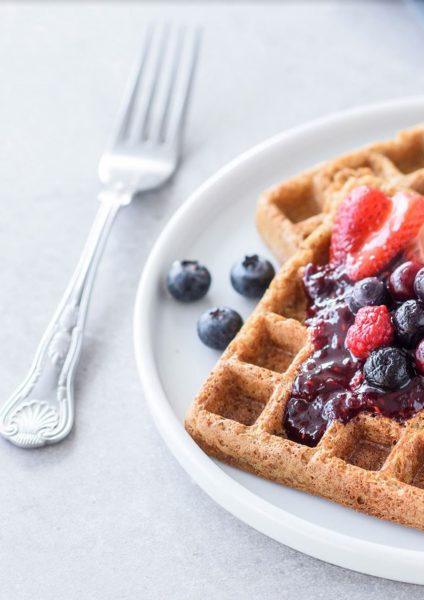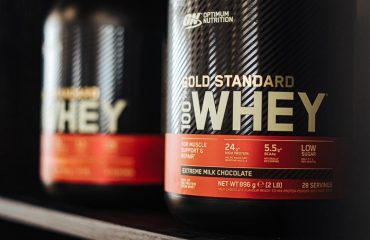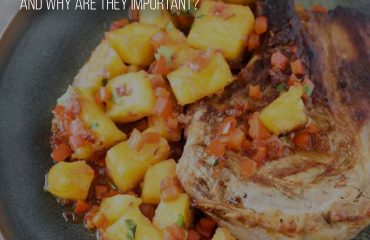
Creating a meal plan for weight loss. what you need to know first…
The most important thing for fat loss is a CALORIE DEFICIT but everybody will have different requirements. So, eating what your mum’s friend’s cousin did just because it worked for her, probably won’t work for you. Two people identical in height, weight and age can have a huge differences in their numbers as we’ll explore below.
What is a Calorie Deficit?
So, in short, a calorie deficit is consuming (via food and drink) less calories than your body is burning (via metabolic processes and expenditure). As mentioned, the number will be different for each individual.
Total Daily Energy Expenditure (TDEE or calories burned each day) is made up of this equation:
Basal Metabolic Rate (BMR) + Thermic Effect of Food (TEF) + Non-Exercise Activity Thermogenesis (NEAT) + Exercise Activity Thermogenesis (EAT).
What do all these words and acronyms mean?
- BMR = total calories needed to keep vital functions such as breathing and circulation going. BMR is affected by gender, size, age and body fat percentage as examples.
- TEF = the total number of calories burned through digestion of food.
- NEAT = total calories burned through movement not classed as ‘structured exercise’. This can include walking the dog, cleaning up, playing with kids etc.
- EAT = total calories burned through ‘structured exercise’ such as gym sessions, runs and sports etc.
Once the TDEE has been calculated/estimated you would then structure the diet to eat less than this number e.g. if TDEE was 2500 you would eat a number of calories below this to achieve weight loss.
Now we’ve calculated your TDEE and decided on a deficit number of calories we will aim for. How are you going to be able to still perform to your maximum and not lose all of the muscle you have as well as making sure the weight loss comes from fat? This is where macronutrients or macros come in to play.
What are macros anyway?
Well the three macronutrients are fats, carbohydrates and protein. These are what make up the food we eat.
We want to keep protein high to help maintain and grow muscle.
Carbs aren’t bad and we don’t want to cut them out. Keeping carbs in your diet will help you train (especially at high intensity) and feel better (and who doesn’t love carbs?)
Fat is essential (especially for women) for hormone production amongst other bodily processes.
I know this can seem complicated, so if you want help from our Master’s level Nutritionists, creating your own meal plan for weight loss, check out our personal nutrition plan services






You must be logged in to post a comment.